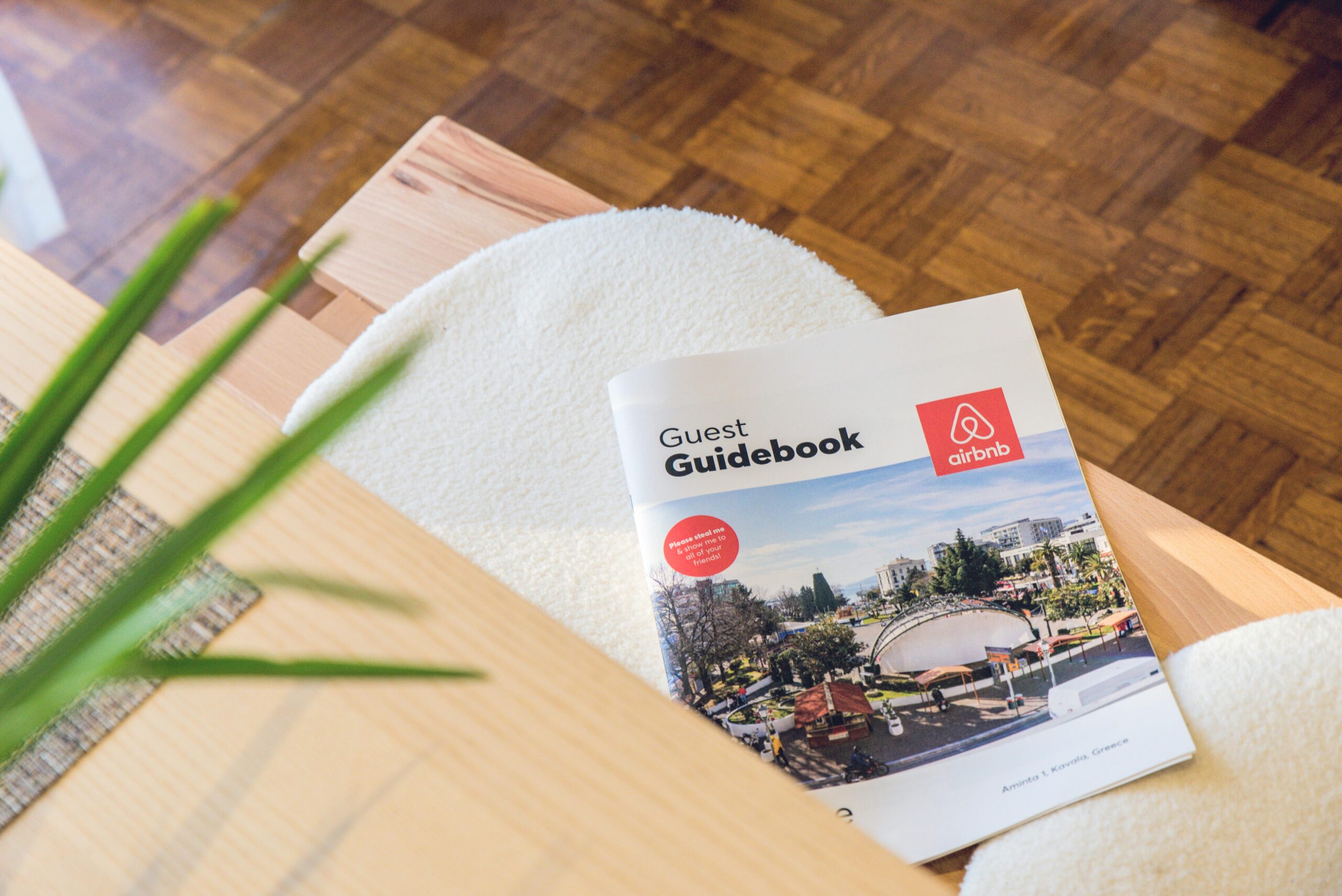Short-term lets (like Airbnb or holiday rentals) can generate much higher income than long-term rentals – often 2–3× the equivalent monthly rent – but at the cost of significantly more management. The UK currently has around 396,000 active Airbnb listings[24]. Top-demand cities include London, Edinburgh and Manchester, especially in summer. However, competition is growing. VisitBritain data shows that while the supply of short-term rental properties has increased in 2025, the total nights booked have not kept pace, leading to lower occupancy rates[25].
In other words, there are more listings to share a similar pool of guests, so only the best-run properties achieve high occupancy.
Premium Income, Premium Effort: Furnished short lets allow you to charge nightly or weekly rates, which can translate to high gross yields. However, you must manage constant turnovers: cleaning, key exchanges, and guest support around the clock. Factor in the cost of furnishing, frequent maintenance and potential vacancies. Many hosts use dedicated management software or agencies to handle bookings and housekeeping (at ~10-20% of booking revenue) to streamline operations.
Regulations and Seasons: UK regulations vary. Many local councils now require short-lets to be a primary residence with limited rental days (e.g. 90-night cap in London without special permission). Only ~2% of UK Airbnb hosts list a formal short-term rental license[24], but rules are tightening in some areas. Always check whether you need a license or permission. Peak travel seasons (summer, holidays) allow you to maximize rates; in off-peak months you might need promotions or longer stays to maintain occupancy.
Marketing for Guests: High occupancy depends on great marketing. Use professional photos and highlight amenities (fast Wi-Fi, a fully-equipped kitchen, proximity to attractions). Get good reviews by ensuring cleanliness and prompt communication – 5-star ratings let you charge more. List on multiple platforms (Airbnb, Booking.com, etc.) and consider offering discounts for longer stays or slow periods. Keep an eye on local events (festivals, conferences) where demand spikes.
Running an Airbnb-like rental can boost returns, but treat it as a hospitality business. Track every cost (utility bills, cleaning fees) against income. Given data shows rental yields are already moderating (average UK yield ~6%[18]), a well-located, well-run short-term let can outperform a standard buy-to-let – but only if you stay on top of the work. In summary, maximise your occupancy with strong marketing and impeccable guest experience, and always abide by local regulations to keep your short-let venture profitable and compliant[25][24].

